Five Video Game Arcade Owners from 80s and 90s Movies
Video game arcades were huge in the 80s and 90s. Before online culture took over, kids gathered, ate snacks and played video games together in person. Arcades made for good times, and they were owned by someone having a good time of their own, raking in truckloads of quarters. In honor of these intrepid entrepreneurs, I’ve compiled a list of five video game arcade owners from 1980s and 1990s films. Why? Because these are the things I think about when I’m alone with my thoughts.
Kevin Flynn, Tron (1982)
Kevin Flynn is not only the owner of his self-titled establishment, Flynn’s Arcade, but he’s also its most skilled and adroit patron. We could attribute this to the fact that he’s a brilliant computer programming genius, but we all really know it’s because he gets to play his games for free. Moreover, he has plenty of time since being ousted from ENCOM by evil rival Ed Dillinger. When Flynn infiltrates the company to expose Dillinger’s plagiarism, he becomes integrated in the very video games in his arcade.
Kevin Flynn was portrayed by the great Jeff Bridges, who also fit the role well in real life. As inspiration, arcade games were placed throughout the set of Tron. It’s said that Jeff Bridges was quite skillful at arcade games and sometimes found it difficult to stop playing to film scenes.
Although Tron was considered a box office failure, its real-life, namesake arcade game was a huge hit. It made more money than the film!
Jefferson Bailey, Joysticks (1983)
Jefferson Bailey is the coolest guy in town and runs his family’s popular video game arcade. The arcade is so popular with Jefferson’s gang and the town’s teens that it catches the attention of influential businessman Joseph Rutter, who tries everything he can think of to sink the hang out. However, Baily and his band of misfits, including every 1980s character-trope imaginable, constantly obstruct miserly Rutter’s nefarious plans. Everything culminates to an epic video game duel between slovenly yet adroit McDorfus, and punk gang leader King Vidiot, for the honor of the arcade.
Jefferson Bailey is played by actor Scott McGinnis, who’s best known by Star Trek nerds as “Mr. Adventure”, the young lieutenant who Uruha put in the closet. McGinnis shifted to behind-the-scenes roles in the 90s as a director and producer.
Check out our “The 80s and 90s Overlooked” review of Joysticks for more info on the film and our take on it!
Centauri, The Last Starfighter (1984)
Okay, this is a stretch I know, but let’s roll with it and see where it goes.
Shrewd operator alien Centauri created an arcade game called Starfighter and distributed it on Earth as a test to find humans with potential to be starfighters… real ones! It turns out that the Rylan Star League is having a terrible war with the Ko-Dan Empire, and they need recruits to save themselves and perhaps the entire galaxy. When trailer park dweller Alex Rogan beats the game, he’s paid a visit by Centauri who is disguised as a human. Centauri fulfills Alex’s wanderlust and takes him to Rylos, only to discover that Alex is the last starfighter left. Can Alex and his alien pilot Grig defend the Frontier against Xur and the Ko-Dan Armada?
If you count all the Starfighter arcade games Centauri has across Earth, and possibly this sector of the galaxy, he’s kind of an arcade owner, right?
Whatever. This is my article so I can do what I want.
Cantauri was played by the great Robert Preston. He won the Tony Award for best actor twice. Preston is one of four performers to win while hosting the actual ceremony in 1967 for “I Do! I Do!”. Sadly, The Last Starfighter was Robert’s last theatrical film as we lost him in 1987.
Eddie Arkadian, The Last Dragon (1985)
Our video game arcade moguls so far have been the heroes of their stories, but now we move on to a true villain: Eddie Arkadian. Having amassed his fortune and power from his arcade empire, Eddie and his gang of brutes try multiple times to kidnap beautiful video disc jockey Laura Charles. Eddie wants his girlfriend’s trashy music video on her show, but even under duress, Laura refuses. It’s that bad. However, every attempt on Laura is forestalled by kung fu master Leeroy Green. Miffed at Leeroy’s interference, Eddie Arkadian hires Leeroy’s arch nemesis Sho’Nuff, the Shogun of Harlem, to combat and dispose of Leeroy. Will Bruce Leeroy finally develop the mystical “glow”, defeat his rivals and get the girl?
Eddie Arkadian is played masterfully by Christopher Murney, who’s quite an erudite fellow. He has three bachelors’ degrees: Business, Drama and Speech, and an MFA in Theatre. He’s also a prolific voice actor.
Noah Vanderhoff, Wayne’s World (1992)
Our final video game arcade franchise owner isn’t really a hero or a villain… he’s just kind of lame. Noah Vanderhoff also blows goats. Wayne has proof! Wayne and Garth’s popular cable access show catches the attention of TV producer Benjamin Kane, who offers them $5,000 each and backstage passes to an Alice Cooper concert for the rights to their show. Who could turn that down?! The catch? They have to have frequent promotional interviews with their sponsor, Noah Vanderhoff. However, the guys just can’t help but covertly humiliate Vanderhoff on his first interview. Sure, it was hilarious, but the TV executives were not amused. Benjamin fires Wayne, tries to steal his girl, and causes a rift between the duo’s friendship… all because Noah Vanderhoff is kind of square.
Noah Vanderhoff is played by the great Brian Doyle-Murray. Brian added “Doyle”, his grandmother’s maiden name, to his stage name so as not to be confused with his famous brother Bill Murray. Many of his acting credits are playing bosses, moguls, barons or moneybags.
Are there any video game arcade owners from 80s and 90s movies I missed? If so, let me know in the comments. Also be sure to check out movie and video game episodes from our popular The 80s and 90s Uncensored podcast. With that, I leave you with this quote.
“Waka Waka Waka”




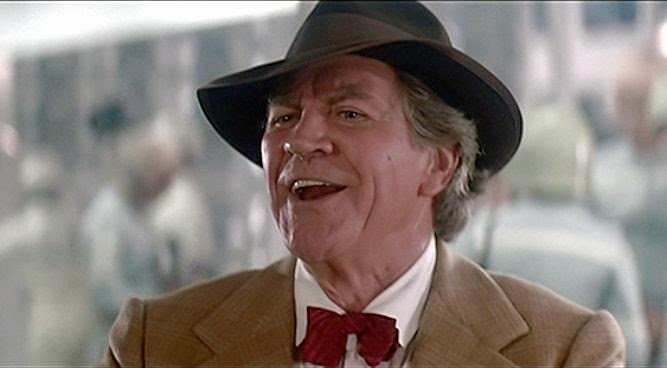


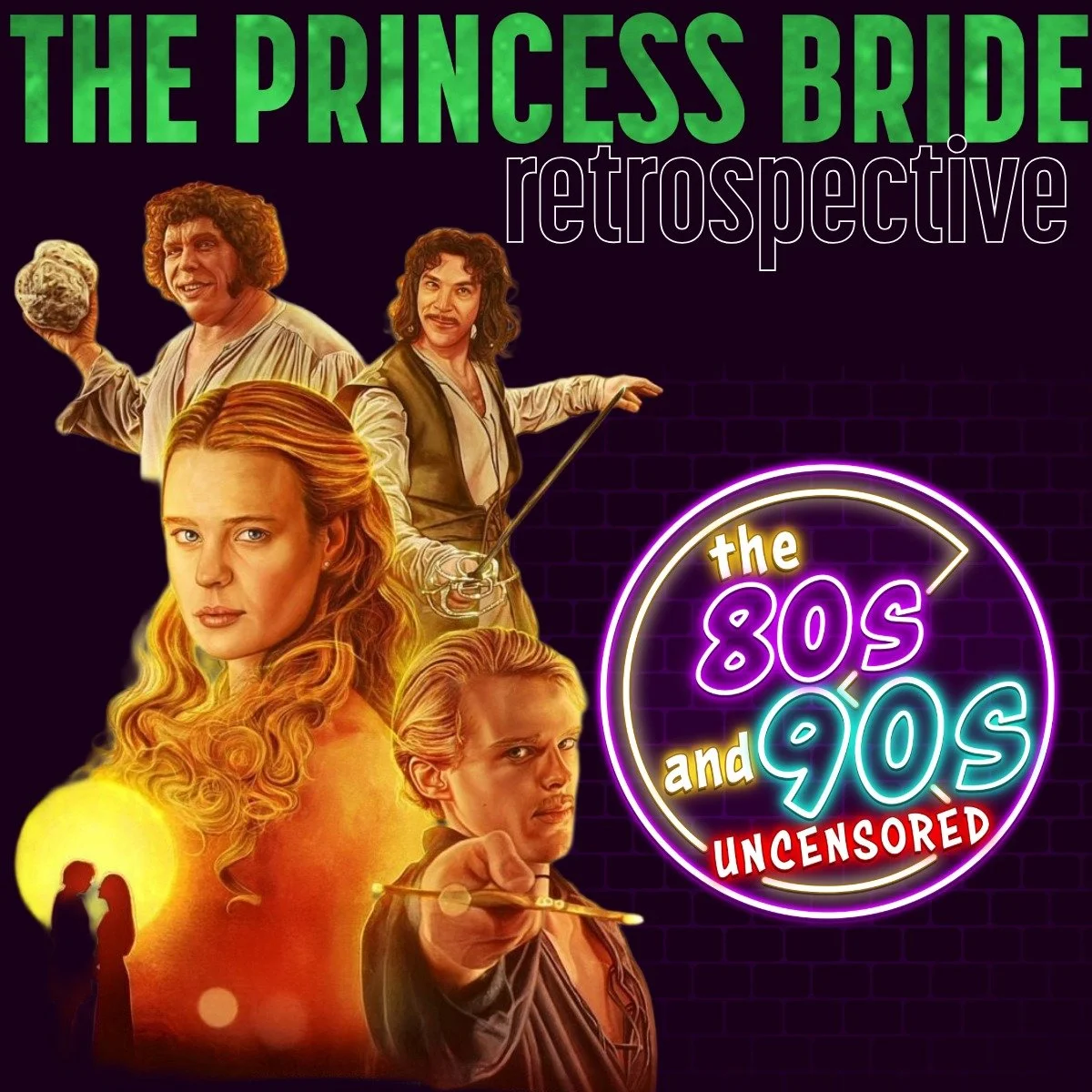

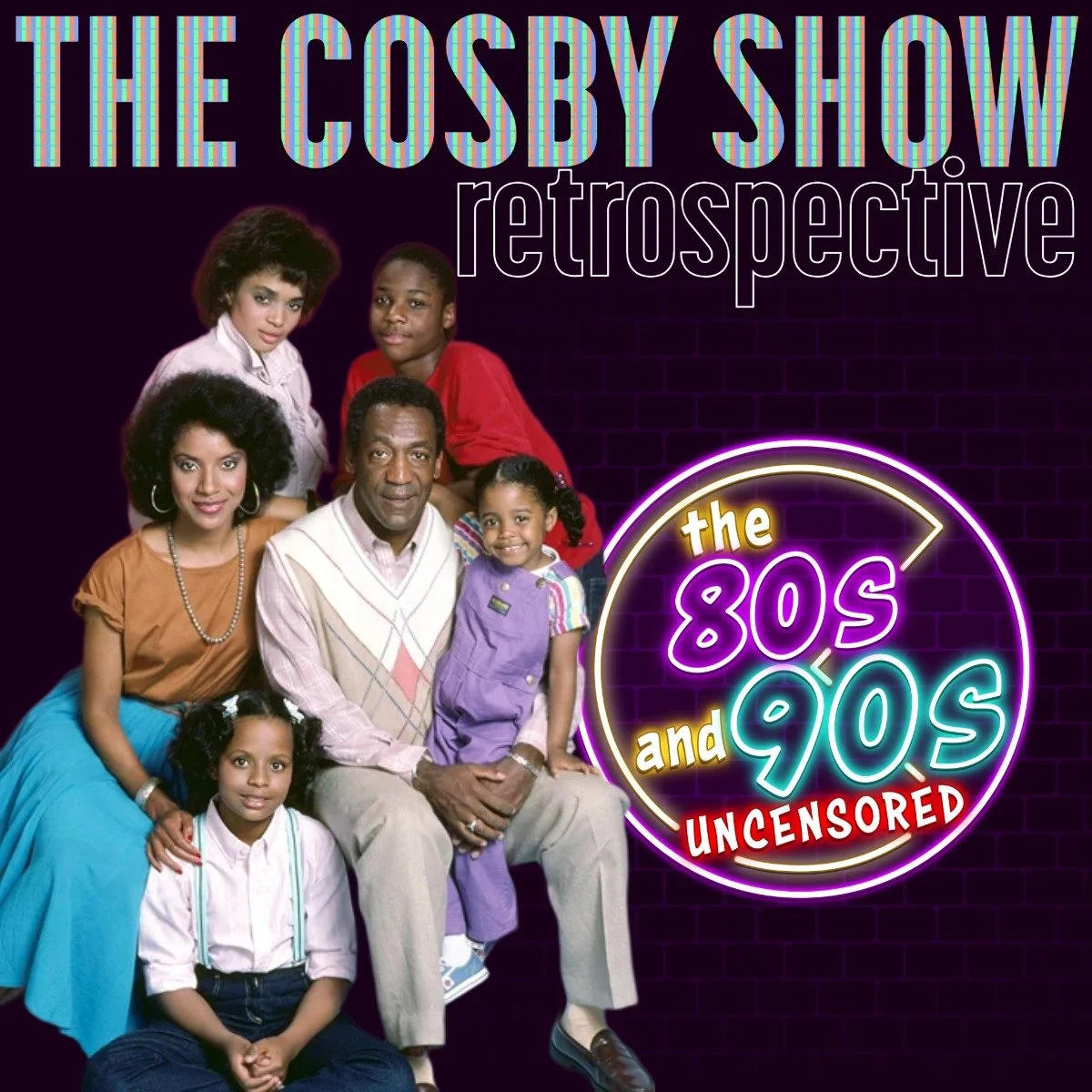

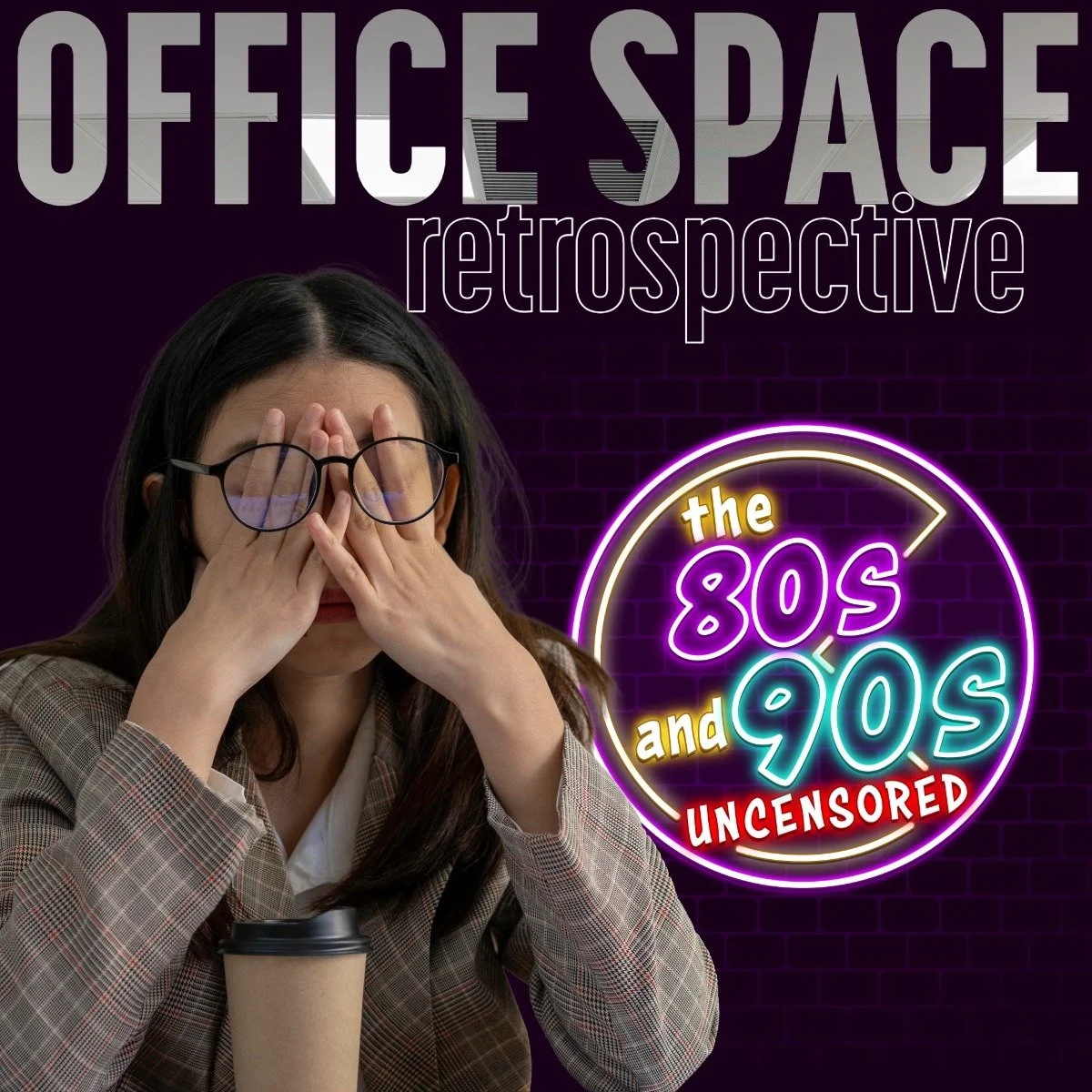



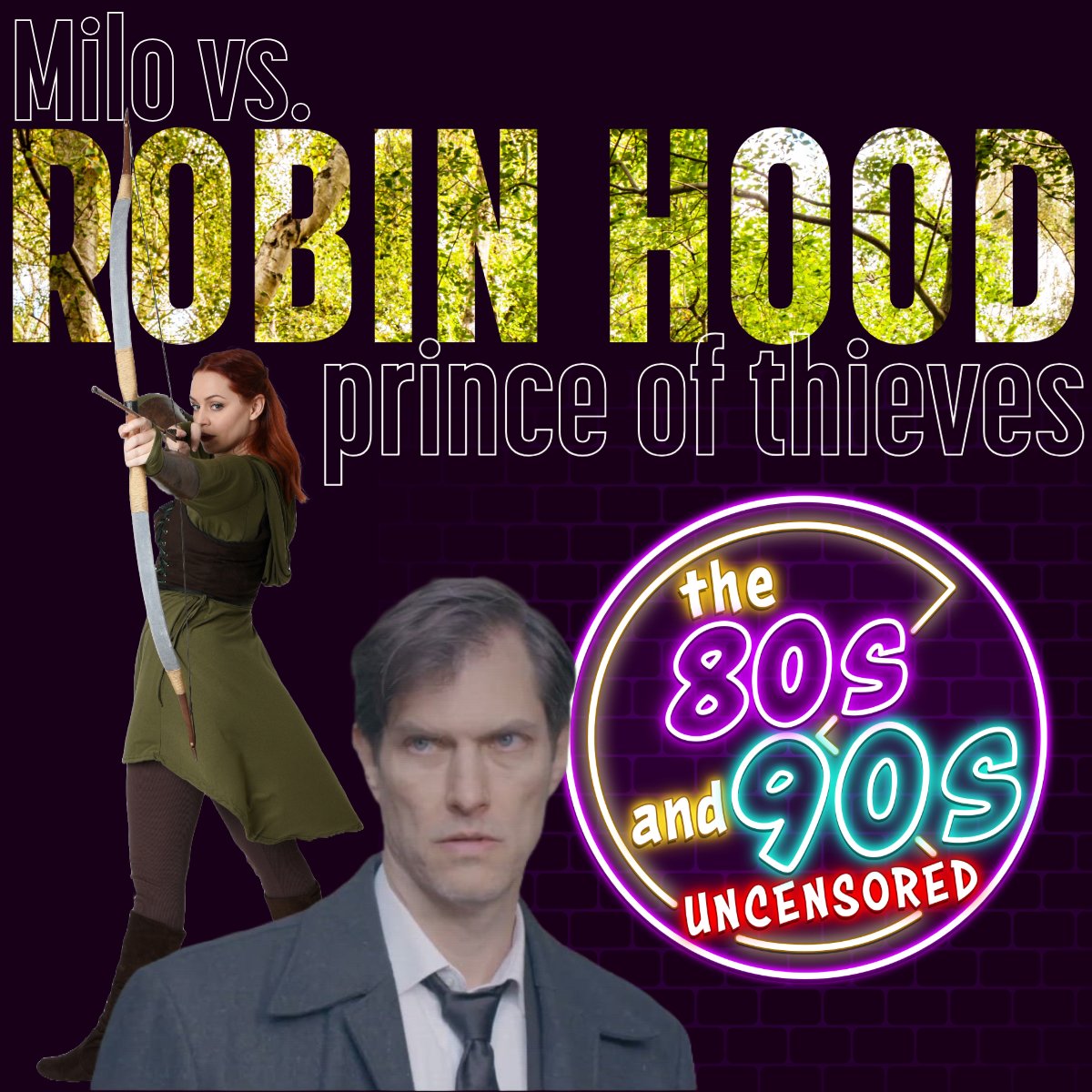
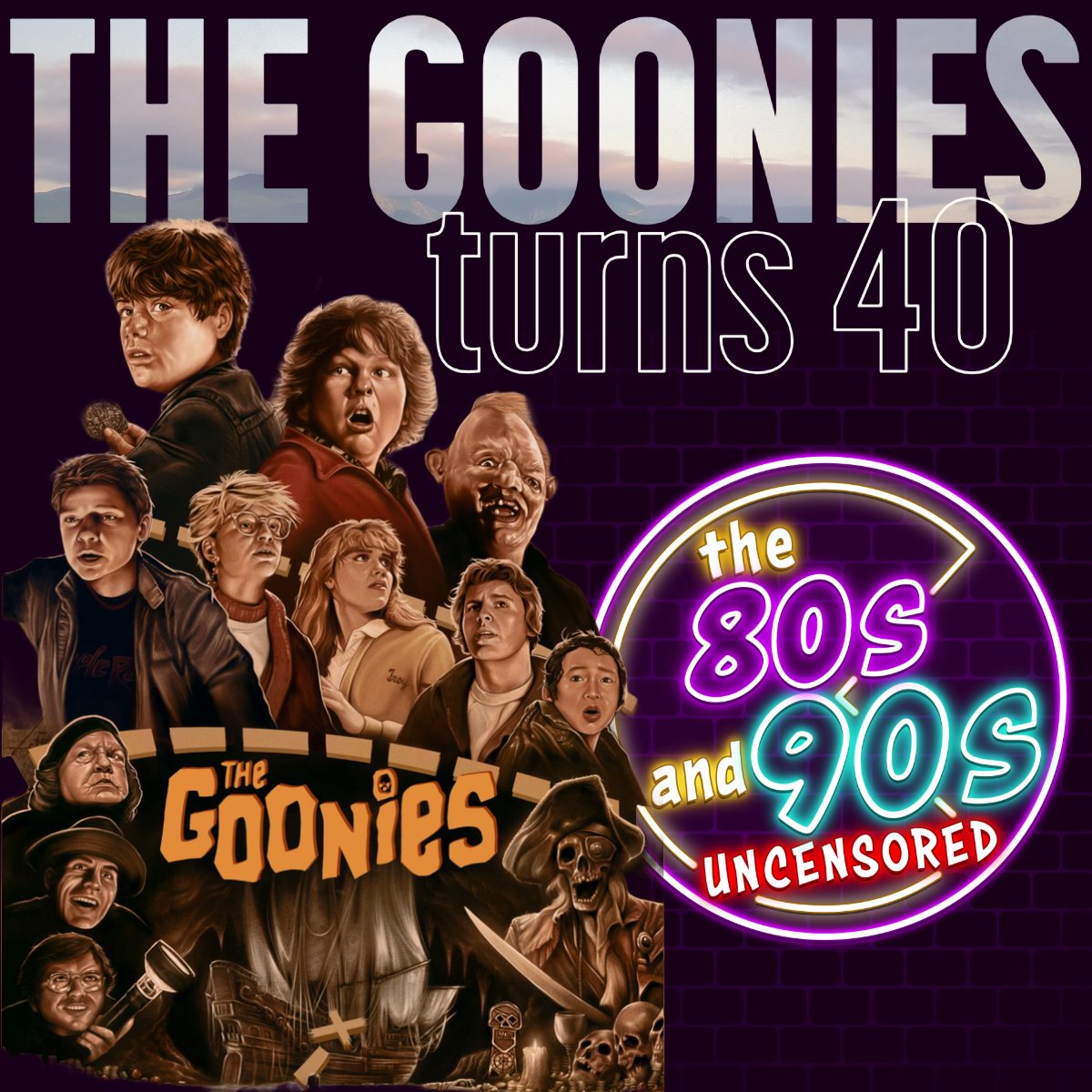


The guys are proud to say it’s been five years of The 80s and 90s Uncensored podcast. To celebrate, they each have five things that have to do with five.